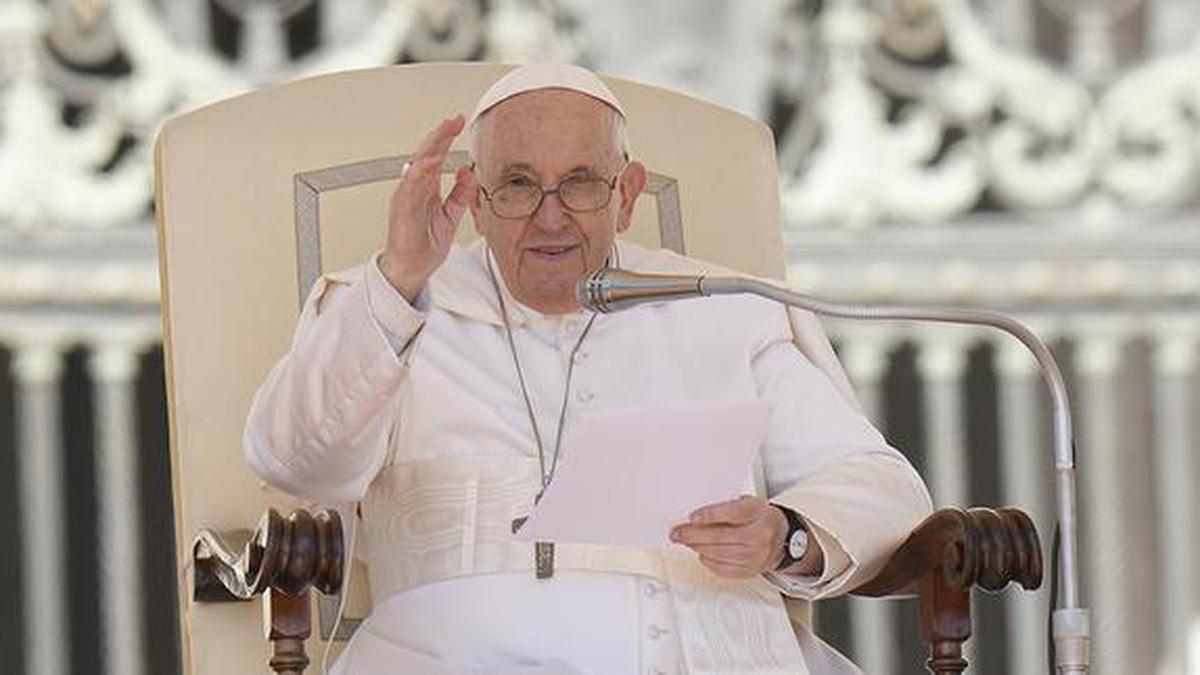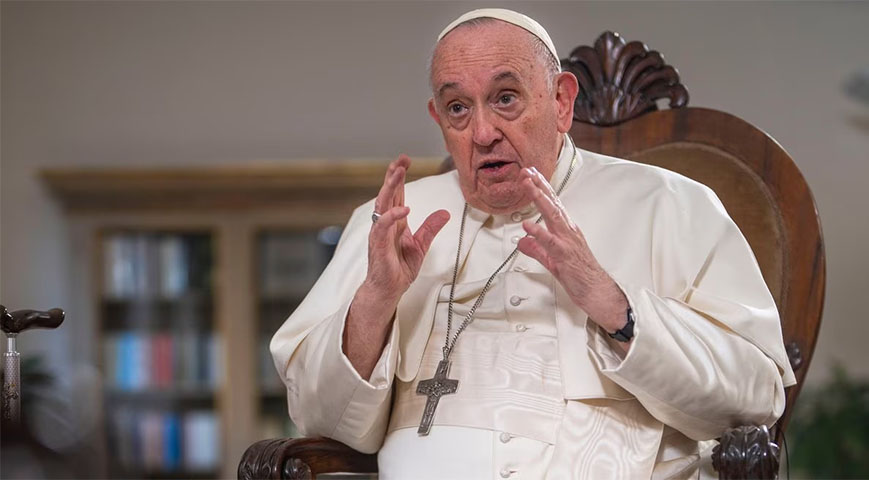In an apparent reversal of prior pronouncements, Pope Francis has proposed for the first time that Catholic priests could bless people in same-sex relationships on a "case-by-case" basis.
The Pope suggested in response to a letter from five conservative cardinals with formal questions - called a "dubia" (Latin for "doubt") - which is an official request for a yes or no answer from a sitting pontiff regarding his administration of the Church.

On July 10, top cardinals, including Walter Brandmuller Raymond Leo Burke, sent a letter to Pope Francis for the first time. It centered on an impending bishops' meeting in October, asking how it would impact Church teaching. It contained queries concerning the Pope's intention to bless same-sex partnerships and if he plans to open the door to women priests through ordination.
Unsatisfied with the Pope's original response, the five cardinals reworded the "dubia" letter. They submitted it again on August 21, stressing "the gravity of the matter," according to a blog post by American Cardinal Raymond Burke.
Did you read this?

The Vatican then sent a letter in Spanish written by Cardinal Victor Manuel Fernández, the Vatican's new chief of doctrine, dated September 25. Pope Francis' responses to the dubia are included in the response, which is signed "Francis."
The pontiff emphasized that the church only recognizes marriage as a partnership between a man and a woman. Still, according to the letter, he did open the door to blessings for those in same-sex unions.
The Pope's remark contradicts his March comments that the Church could not bless same-sex couples because they could "not bless sin."

The most recent development appears to hint at a decision the German Church took in March and implemented in August, in which same-sex weddings were blessed by many priests in Cologne.
On the question of women's ordination, the pontiff made it plain that he supported the late Pope John Paul II, who indicated in 1994 that the (Catholic) Church had "no authority" to ordain women but that the issue needed to be researched to educate those who doubted it, according to the letter.









